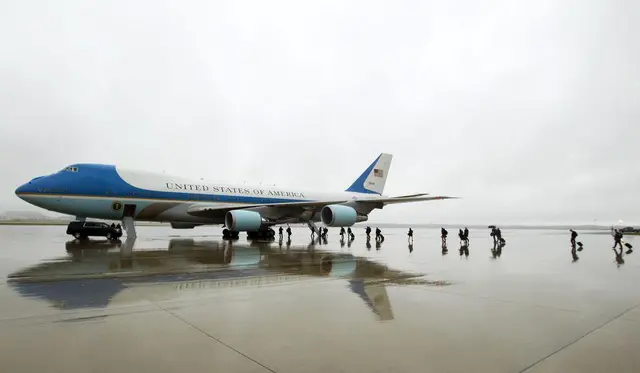UN Secretary-General Ban Ki- moon, deeming the crisis in the Central African Republic (CAR) a " calamity", on Thursday called for a beefed up of "unified command" of African Union (AU), French and UN forces to halt deadly sectarian violence in the African country.
Recalling the crisis has been on the council's agenda "for many years now," the secretary-general said at an open meeting of the UN Security Council on the current situation of the CAR that it has become of a "more disturbing magnitude. It is a calamity with a strong claim on the conscience of humankind."
"Over the past year we have seen, in quick succession, the violent overthrow of the government, the collapse of state institutions and a descent into lawlessness and sectarian brutality," he said. "More than 2.5 million people -- more than half the population -- need immediate humanitarian assistance."
Ban promised to "soon report .. on the outlines of a (UN peacekeeping) mission with a robust mandate to protect civilians and promote stability. But the deployment of a peacekeeping operation, if authorized, will take months. The people of the CAR do not have months to wait. The international community must act decisively now to prevent any further worsening of the situation."
"Innocent civilians are being killed in large numbers," he said. "These victims are not so-called 'collateral damage' from fighting between rebel groups. They are being killed purposefully, targeted for their religious beliefs, for their community affiliation -- for who they are. Muslims in particular are being targeted. But the ex-Seleka (rebels) continue to attack Christians as well."
Nearly one million people have been displaced, with the homes of many burned to the ground so they will not return, the secretary-general said.
"Whole populations are being moved," he said. "A creeping de facto partition of the country is setting in, with Muslims in one part and Christians in another. This separation is laying the seeds of conflict and instability for years, maybe generations, to come."
However, speaking with reporters outside the council chamber after his speech at the Security Council, he refused to classify the killings as genocide.
France, the former colonial power, sent in forces last year as did the AU to stem the bloodshed.
But the UN peacekeeping force would basically be a "rehatting" of the AU to the blue helmets of the United Nations, Ambassador Gerard Araud of France told reporters outside the council chamber.
The rehatted troops would then have to be increased with troops from the international community.
Ban told the panel of 15 that the UN is working with the AU, the Economic Community of Central African States (ECCAS), the European Union (EU) and the World Bank.
"But those efforts will prove fruitless unless we do more to end the atrocity crimes, destruction of communities and mass displacement of populations," he said.
"The Security Council has asked for my recommendations for a future UN peacekeeping operation, and I will soon report to you on the outlines of a mission with a robust mandate to protect civilians and promote stability," Ban said.
"The international community must act decisively now to prevent any further worsening of the situation and to respond to the dire needs of the country's people," he said, calling for the rapid reinforcement of the AU and French troops now on the ground with additional deployments of at least 3,000 more troops and police.
Ban also proposed all international forces in the CAR be brought under a coordinated command, while African troops that join this force be provided with logistic and financial support.
The UN chief urged "rapid, tangible support" to the CAR government to help it establish a minimum capacity to function.
What's more, Ban appealed for urgent funding for humanitarian aid, which is currently insufficient to address the crisis.
"Only 15 percent of the resources needed for this year have been received, despite generous pledges made at last month's funding conference in Brussels," he noted.
 简体中文
简体中文

